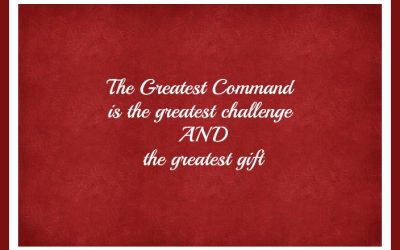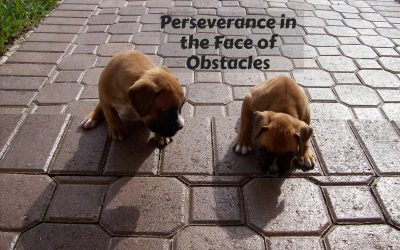 Ghosts and witches. Jack-o’-lanterns and black cats. Scary masks and things that go bump in the night. Typical Halloween fare. So what’s so hallowed about Halloween?
Ghosts and witches. Jack-o’-lanterns and black cats. Scary masks and things that go bump in the night. Typical Halloween fare. So what’s so hallowed about Halloween?
Hallowed is not a frequently used word these days. When something is hallowed, it is sacred or holy, set apart from common use. We think of the phrase, “Hallowed be your name” from the Lord’s Prayer in Matthew 6:9. When we pray this, we are asking God to set apart His name in a special way. To hallow God’s name is to treat it reverently, approaching it as most precious.
 Yet a holiday that has the word hallow in its name is celebrated with representations of goblins, witches, and vampires. Children – and adults – dress up and beg for candy, threatening “tricks” if they don’t receive what they want. These threats are usually harmless, however mischief and vandalism have long been associated with Halloween and especially with the night before Halloween, often called “Mischief Night” or “Devil’s Night.” While these activities often include pranks such as toilet papering, they can escalate to egging, and ultimately to vandalism and arson.
Yet a holiday that has the word hallow in its name is celebrated with representations of goblins, witches, and vampires. Children – and adults – dress up and beg for candy, threatening “tricks” if they don’t receive what they want. These threats are usually harmless, however mischief and vandalism have long been associated with Halloween and especially with the night before Halloween, often called “Mischief Night” or “Devil’s Night.” While these activities often include pranks such as toilet papering, they can escalate to egging, and ultimately to vandalism and arson.
 Halloween has its roots in an ancient Celtic Feast called Samhaim. It began as a druid celebration of the beginning of winter, and was believed to be the one night each year when spirits of the dead walked the earth. Spirits of family members were welcomed and honored, while evil spirits were warded off with the use of costumes and masks to impersonate an evil spirit and avoid harm.
Halloween has its roots in an ancient Celtic Feast called Samhaim. It began as a druid celebration of the beginning of winter, and was believed to be the one night each year when spirits of the dead walked the earth. Spirits of family members were welcomed and honored, while evil spirits were warded off with the use of costumes and masks to impersonate an evil spirit and avoid harm.
In an effort to stem these activities, the early Christian church chose November 1st as All Saints’ Day, and renamed October 31st All Hallows’ Eve. People were taught that costumes and masks could not protect them from evil spirits. Protection is found only in Jesus Christ because of His victory on the cross over sin and death and the devil.
Yet as the centuries have passed, we find our culture celebrating Halloween with all the verve of the ancient druids. Debates rage in churches as to whether it’s appropriate for Christian families to allow their children to trick-or-treat. Are costumes okay as long as they’re not scary? Are alternatives such as Harvest Festival costume parties the answer?
Maybe we’re asking the wrong questions. Perhaps we should focus once more on the Hallow of Halloween. The world sets apart one day to glorify evil spirits, mischief, and vandalism. We can rationalize these activities, or we can choose to set apart the day to hallow the name of our glorious God. We can use this day to remember that Christ alone is our protection from evil. Where we have the opportunity, we can share the truth of God’s Word with those who need to know that not only is God holy and set apart, but He sets apart His children to represent His light in a dark world.
What are your plans this Halloween?





0 Comments